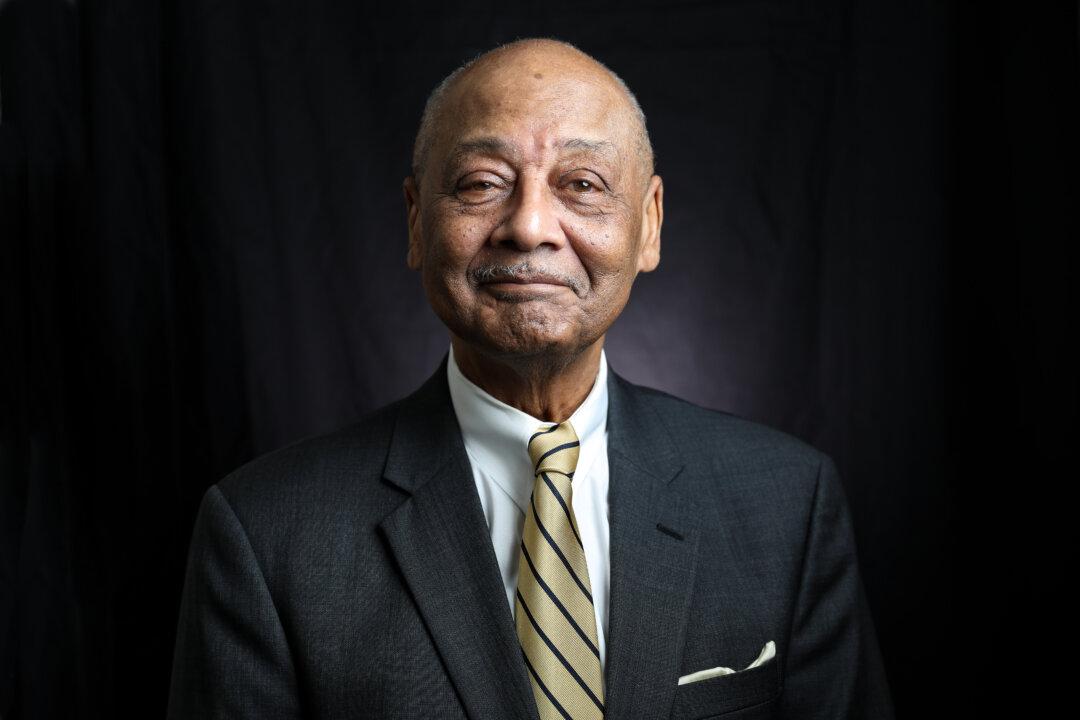Commentary
Amid the coronavirus and stock market dips is a correction—seven months overdue—of one of the many distortions and mistruths that permeate The New York Times’ 1619 Project.

Amid the coronavirus and stock market dips is a correction—seven months overdue—of one of the many distortions and mistruths that permeate The New York Times’ 1619 Project.